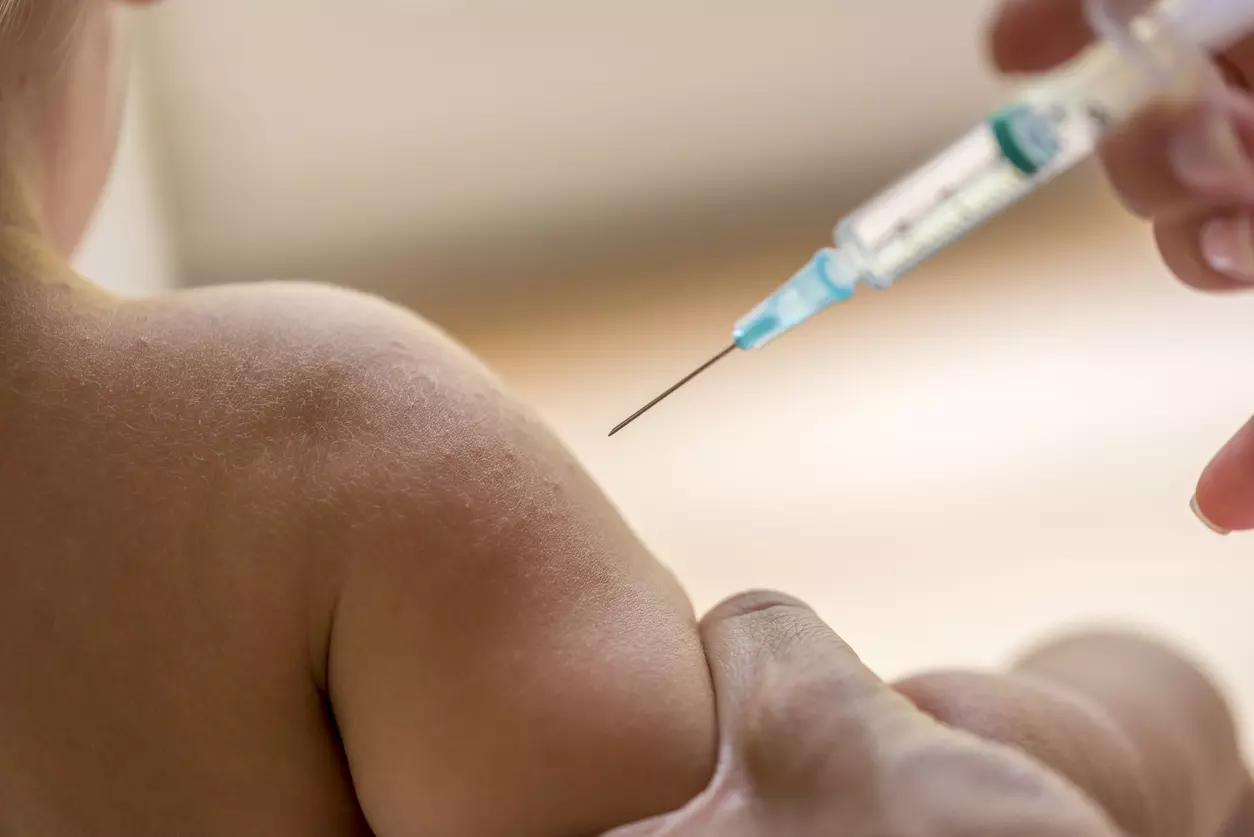
The order halts the distribution of medicines and supplies critical to more than 90 million women and children, who rely on low-cost vaccinations. | Representative image: iStock
'6.5 million children at risk': Researcher warns of 'serious damage' as US freezes foreign aid
He said monitoring of outbreaks of deadly diseases would stop, and their spread would go largely unchecked as a result of this stop-work order

American surgeon and public health researcher Dr Atul Gawande has flayed the Trump administration’s 90-day stop-work order, which puts a pause on all existing foreign assistance, apart from stopping all new aid.
Drawing from his experience leading USAID health programs over the past three years, Dr Gawande emphasised the severe repercussions this policy could have on both global health initiatives and the United States.
USAID is the United States Agency for International Development. It is a US government agency which deals with international development and humanitarian assistance programs.
Also read: US mission in India reviews foreign aid following Trump’s executive order
This freeze is a part of a series of executive orders passed by the Trump administration. The stop-work order mandates a temporary cessation of numerous foreign aid projects, including critical health programs that address challenges such as infectious diseases, maternal and child health, and pandemic preparedness.
Lists implications of move
Taking to social media platform X, Dr Gawande said, “I ran @USAID health programs for the last 3 years. Trump’s 90-day Stop Work Order on foreign assistance does serious damage to the world and the US.”
He also spelt out multiple implications that this order by US President Donald Trump will have on several global health initiatives.
According to Dr Gawande, it will bring to halt the work on battling a deadly Marburg outbreak in Tanzania and a wide outbreak of an Mpox variant killing children in West Africa before it spreads further. It will stop monitoring of bird flu in 49 countries. It will also take a toll on critical work to eradicate polio.
“Stops >$1B in corporate drug donations and coordination eradicating tropical diseases like river blindness, elephantiasis, and others on the verge of elimination in whole regions,” he tweeted.
Dr Gawande revealed that the order halts the distribution of medicines and supplies critical to more than 90 million women and children, who rely on low-cost vaccinations, prenatal care, safe childbirth, and contraception. It will also stop direct services for 6.5 million orphans, vulnerable children, and their caregivers in 23 countries, he said. Around 20 million people living with HIV will also be impacted.
Beyond health programs, the suspension threatens USAID’s capacity, with contract staff—comprising half of the global health bureau—facing furloughs unless exempted.
Also read: Mpox outbreak | Neglected in Africa, it could now turn into next global pandemic
‘Will affect US standing’
“This Administration is trashing US standing, alliances with scores of countries built over half a century, world-leading capacity and expertise, and American security. Make no mistake — these essential, lifesaving activities are being halted right now. Consequences aren’t in some distant future. They are immediate,” the public health researcher cautioned.
The US, the world’s largest aid donor, disbursed $72 billion in foreign assistance in 2023, tackling poverty, disease, and humanitarian crises. The stop-work order, however, has placed all existing and new aid at risk, leaving programs for healthcare, development, and military assistance in limbo.
USAID has distributed around $45 billion in foreign aid to 158 countries, including $175 million to India, $231 million to Pakistan and $400 million to Bangladesh, according to a Reuters report.
About USAID programs
Foreign assistance programs under USAID have been pivotal in addressing global crises, providing humanitarian support, and fostering diplomatic relationships. The potential disruption caused by the stop-work order has set alarm bells ringing among experts and advocates who apprehend setbacks in disease prevention efforts and the weakening of public health infrastructures worldwide.
Also read: CIA report says COVID most likely originated from lab; points finger at China
While proponents of the policy argue for a reassessment and increased accountability in foreign aid, critics highlight that delaying these programs may lead to long-term consequences that outweigh any short-term benefits.
The international community now watches closely as discussions continue about the future of US foreign assistance and its role in sustaining global health initiatives.

